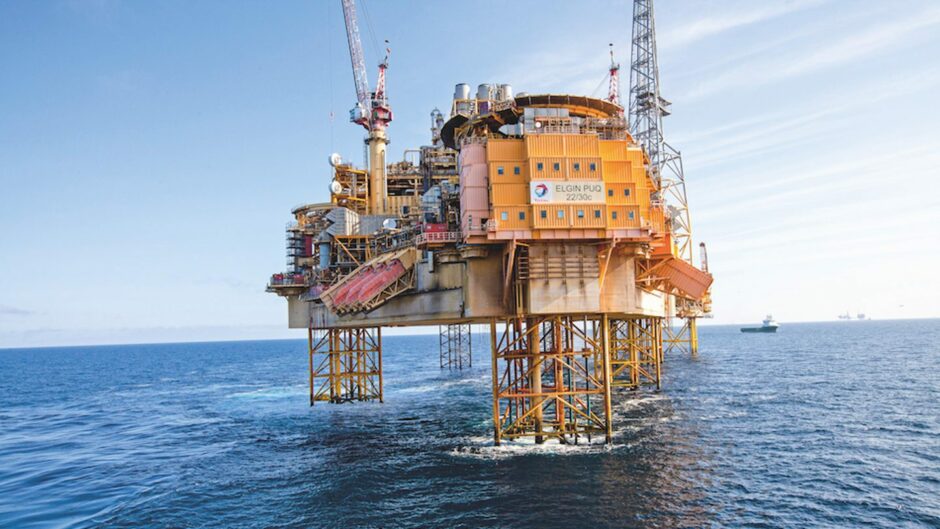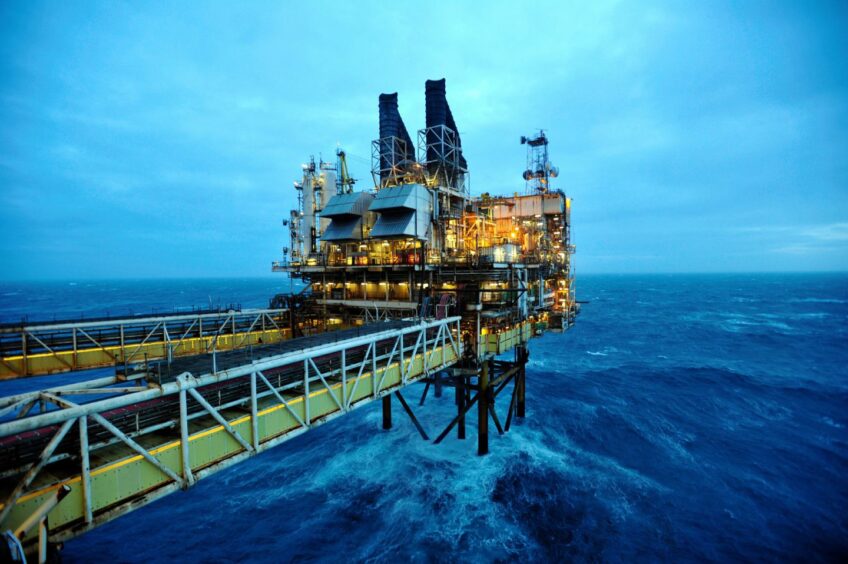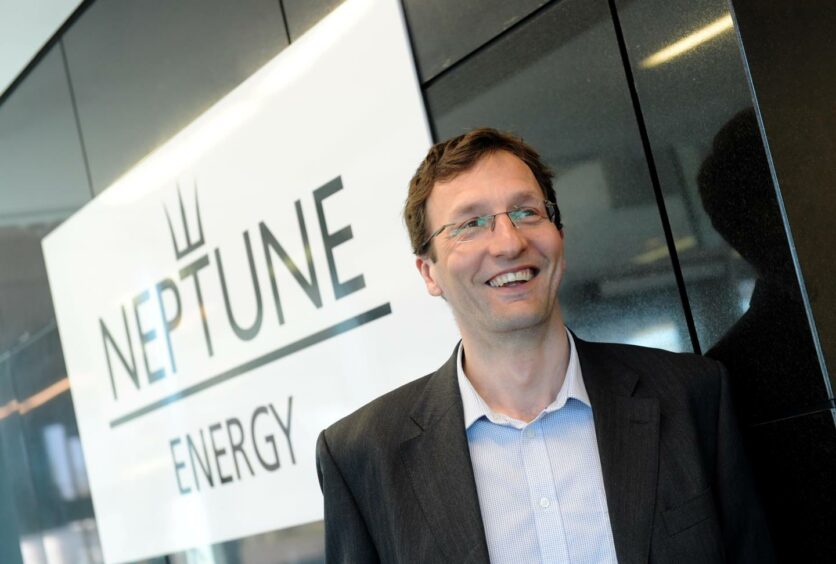 © Supplied by Harbour Energy
© Supplied by Harbour Energy Neptune Energy has published its first set of financial results since news broke that Eni (NYSE: E) plans to acquire the North Sea operator.
In the first six months of this year the oil and gas company made pre-tax profits of around $1.4 billion, almost identical to its takings in the same period last year.
Revenue totalled $2.26bn, a marginal increase on $2bn recorded in H1 2022, during a period of “good operational and financial performance” for the company.
So far in 2023 Neptune has brought on “new production in Norway, the UK and Germany, “contributing to higher year-on-year volume”.
It has also made progress on its “low carbon strategy”, securing three carbon storage licences in the UK’s first ever CCS leasing round.
Further permits have been submitted in Norway and the Netherlands, while the company’s North Sea Gudrun electrification project is due to come online by the end of the year.
UK projects
As for Seagull, the group’s 50 million barrel tie back to BP’s (LON: BP) ETAP platform, Neptune confirmed start-up is slated for next month.
Hook up and commissioning of the first two development wells at the project was completed in June, along with subsea manifold, umbilicals, pipelines and control systems.
Current operations are focused on well completion and clean-up of the second production well before commencing production in September, Neptune said.
Seagull is expected to add around 11 thousand barrels of oil equivalent a day (kboepd) initially – two additional wells will follow next year.
Meanwhile the company revealed that post-well results from the hotly-anticipated Isabella prospect are nearing completion.
The licence partners – operator TotalEnergies (30%) (LON: TTE), Neptune (30%), Ithaca Energy (10%) (LON: ITH) and Energean (10%) – will decide on the forward plan in September.
They are aiming for 120 million barrels of oil equivalent (boe), based on previously disclosed estimated volumes.
Production growth year-on-year
Production for Neptune in the UK as a whole averaged 14.7 kboepd in the second quarter, a slight improvement on the previous period.
It was supported by two new wells on the Cygnus field, which the company says are performing within the expected range.
Neptune’s chief executive, Pete Jones, said: “Neptune remains on track to deliver material year-on-year production growth, supported by project start-ups in Norway and the UK. In the first half, we hit a major milestone in our new energy strategy, with the award of three CO2 appraisal and storage licences, meaning we now have licensed storage capacity for the equivalent emissions from our reserves portfolio.
“Commodity prices are likely to be increasingly volatile in the second half of the year, while the industry faces continued inflationary pressures in the supply chain. We remain focused on capital discipline and have re-phased some of our smaller development projects, our exploration programme and our decommissioning plans.”
Eni takeover
Neptune’s headline news from the last few months though is the proposed acquisition of the company by Italian supermajor Eni.
Announced in June after months of speculation, the $4.9bn deal is expected to close by the end of the first quarter of next year.
Norwegian operator Var Energi, which is majority owned by Eni, will take on Neptune’s assets on that side of the North Sea, while the German business will be carved out and operated as a standalone.


